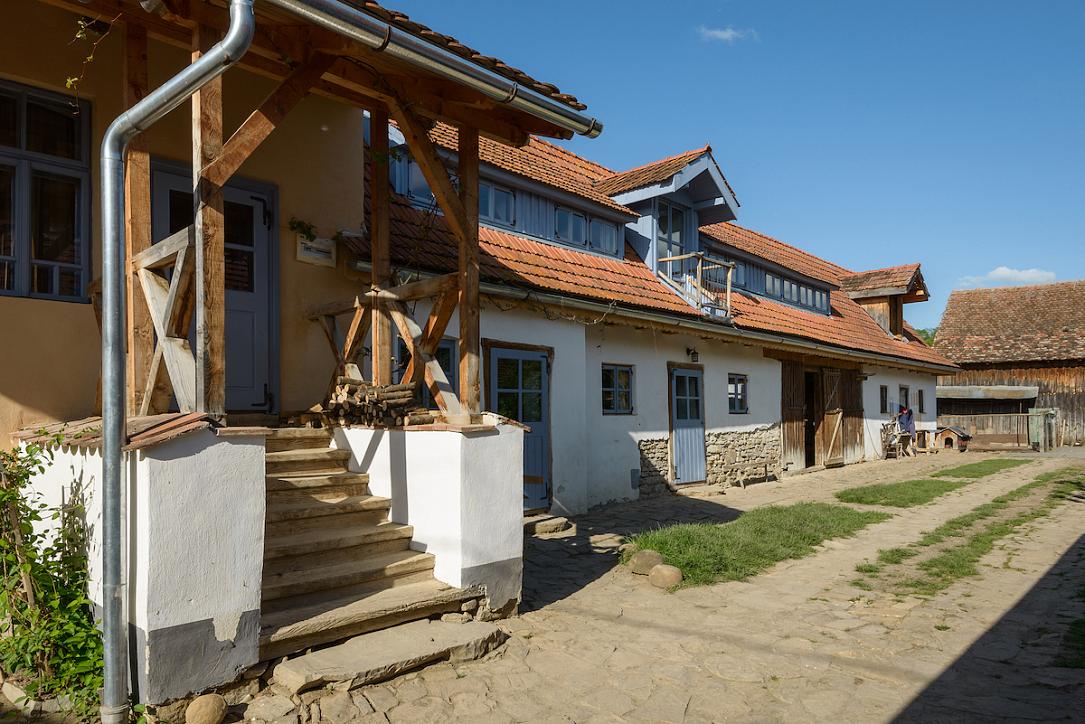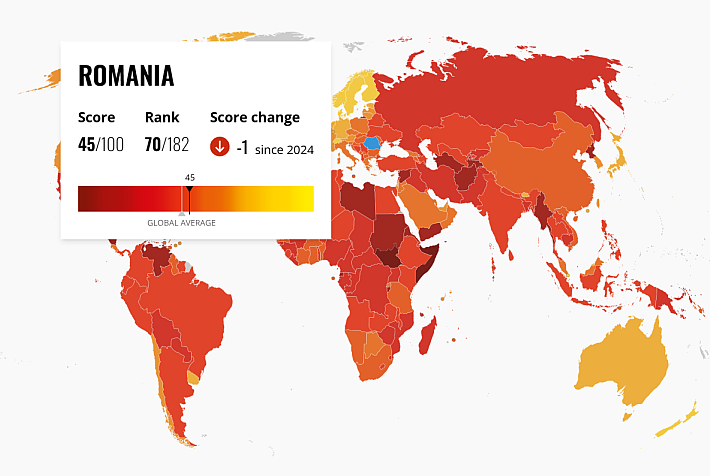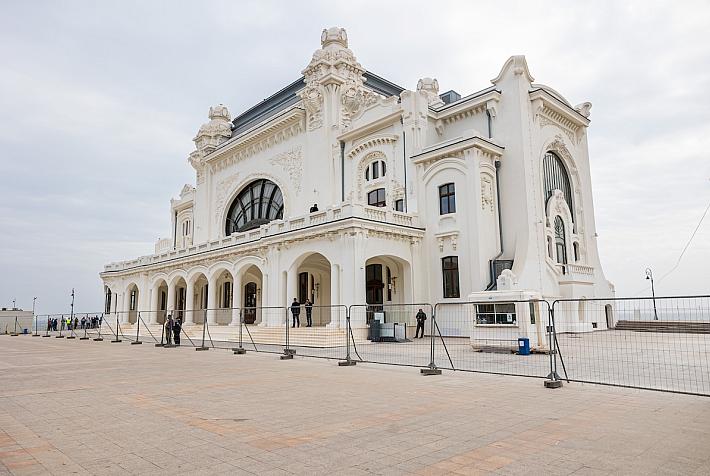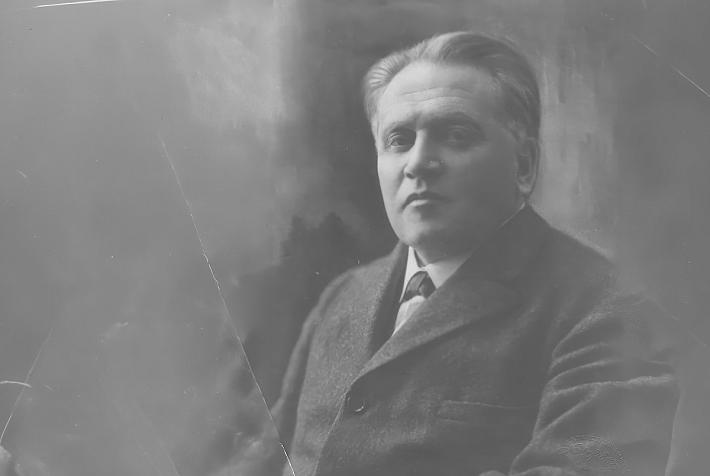This is native content supported by Fundatia Conservation Carpathia
The wild beauty of farm life in the Transylvanian village of Cobor

Farm life is often associated with hard work, strenuous physical activities and getting your hands dirty. All of these are definitely necessary to successfully manage the daily tasks of countryside life. But living in the wild, away from the hectic urban life, comes with a sense of freedom and a deeper understanding of what peace and quiet mean. Even for temporary residents, as tourists are, the beauty of farm life is worth experimenting. Here’s how tourists can visit and even take part in farm life in Central Romania, while also relaxing and recharging their batteries.
Cobor is a small village of fewer than 200 inhabitants in the Ticuşu Vechi commune in south-central Transylvania, accessible only via two gravel roads from Ticuşu or Felmer. It was originally built by Saxons, but at the beginning of the 16thcentury, the village was destroyed by the Turks and its inhabitants killed. More than a decade later, Hungarians from the Szekler area of Eastern Transylvania rebuilt the village with the permission of the Saxons of Ticuşu and ever since, the local population is made up of Hungarians.
In the years after the end of communism, Cobor was more and more abandoned and seemed to be doomed. However, an environmental project which started in 2015 gave the village new life, offering a sample of authentic rural life in the heart of Transylvania, surrounded by natural splendors. It is a mix of biodiversity conservation and organic farming.
In the surroundings of Cobor, you still find insects and plants that have disappeared in many other parts of Europe. The Cobor Biodiversity Farm also prides itself with the autochthonous Transylvanian cattle species, the Grey Cattle, a genetically exceptional breed almost extinct in Romania.
A great starting place for exploring Transylvania and its domestic natural riches, Cobor is also perfect for bird watching. The choice is wide: trekking, mountain bike trails, beaver dams, bird watching while hiking or from a hide, photo camps, wilderness camps, day trips, or participation in seasonal farm activities.
Such a place is ideal for active family holidays, where one can learn about wildlife through direct interaction. Cobor offers great outdoor experience with its beech forests, rolling hills and fertile meadows. Guests have the option to rest/stay in houses that are of historical value, being hosted overnight in comfortable rooms in which their architectural uniqueness is preserved.
“The purpose of the Cobor farm is to protect and sustain the rich biodiversity and spontaneous flora of the meadows and forests. The stock at the Cobor Farm serves conservation purposes as well as a contribution to the traditional gene bank and provides top quality meat,” says Barbara Promberger, one of the founders of the Cobor Biodiversity Farm.
“We host a horse livery and rehabilitation centre, which include 30 ha of securely fenced natural pastureland and permanent supervision for horses, offering the most favorable conditions both in the warm and cold season. The horses have permanent access to shelter and fresh water, receive hard feed twice a day, and supplements of quality hay and alfalfa when needed,” Barbara adds.
The owners have also turned this into a sustainable business by offering accommodation and a host of activities all around the year. “We’ve managed to preserve authenticity in the renovation of the old Saxon buildings, by using recycled and natural materials, while still offering top-notch facilities,” says Barbara.
Cobor farm is part of the Foundation Conservation Carpathia, a Romanian NGO that wants to create a new, world-class wilderness reserve in the Southern Romanian Carpathians for the benefit of biodiversity and local communities (www.carpathia.org). The farm is an example of a successful conservation enterprise that aims to develop the local community, in perfect balance with the environment.
Foundation Conservation Carpathia started its ecological restoration project seven years ago, in 2012. Its efforts are aimed at making locals from the target areas more aware and supportive towards conservation and turning the Făgăraș Mountains into a wilderness reserve recognized at an international level as a model for the development of protected areas.
Opening photo by Dan Dinu, courtesy of FCC
This is native content supported by Fundatia Conservation Carpathia












